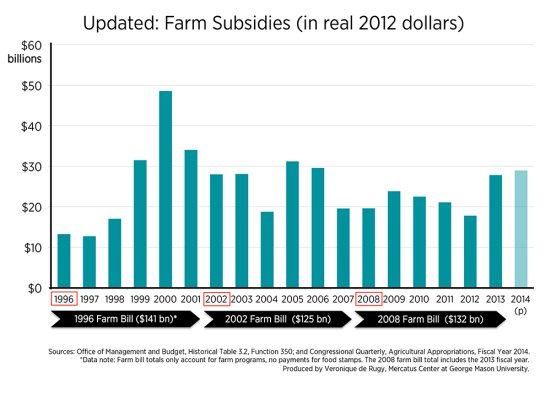In addition, since in many cases the non-working spouse will outlive the working spouse, I see it as one way can help keep (not guarantee) the non-working spouse from abject poverty. I am curious as to what happens in countries that do not provide such benefits to older, non-working spouses when the working spouse dies.
In the UK there is no spouse SS based on the working record of the other. However while there is a child under 5 in the house and someone is staying at home to look after them they get a full year credit for each year. For example my wife stayed at home while our 2 children were small and on her SS record there are 7 full years of contributions during that period.
Also in the UK if you are not working and paying into SS through payroll taxes then then you can make voluntary contributions of ~$1,000/year to maintain or top up your record - you can also pay for up to 6 missing years. (So in the case of a couple the working spouse can maintain the record of the other at a cost of ~$1,000/year, or as you close in on your FRA you may find you are short of the 35 years needed to get the full SS)
Not saying this is the best way, just one country's method of handling it.
Last edited:

